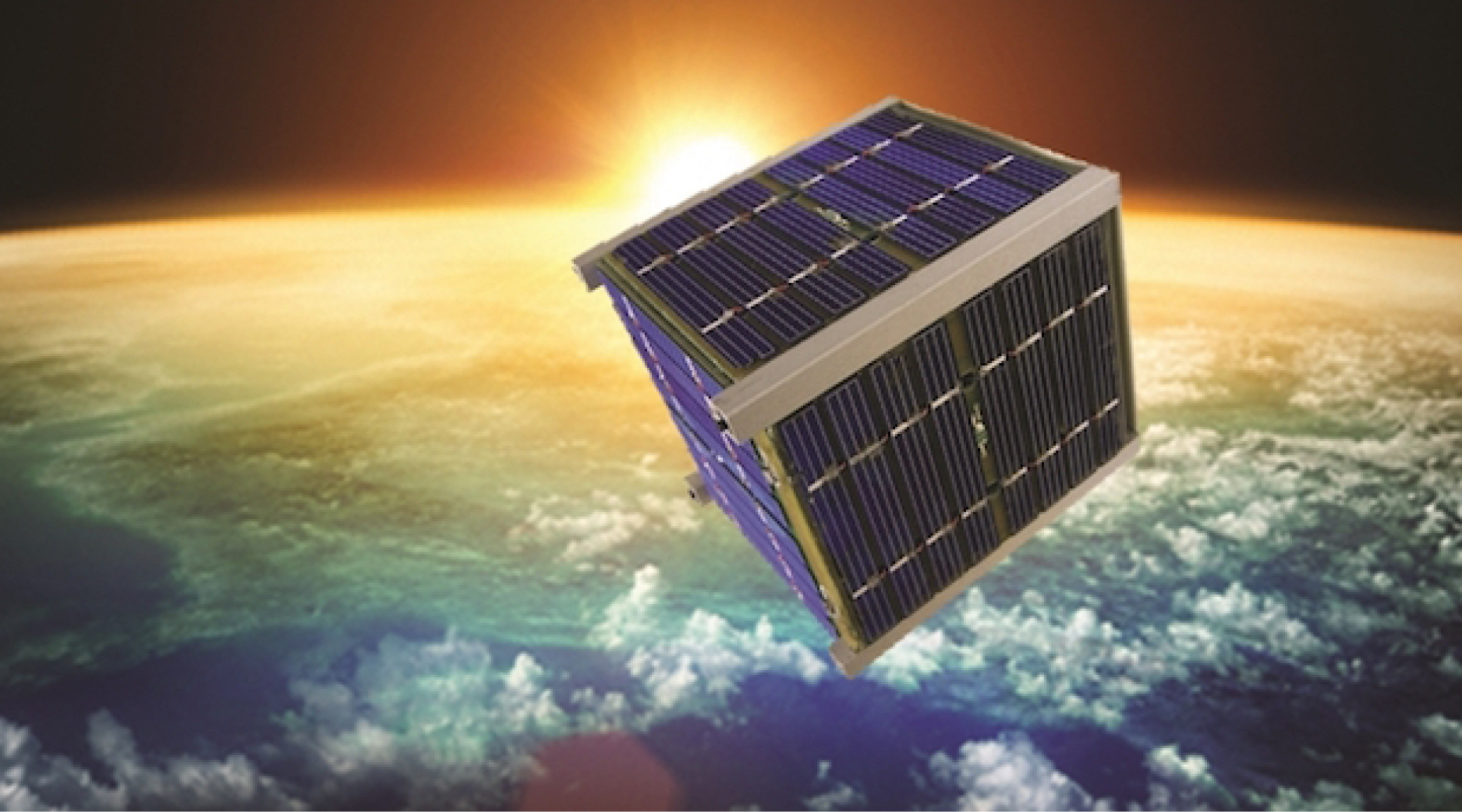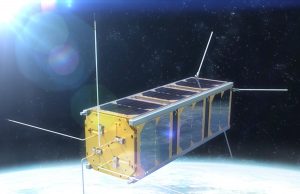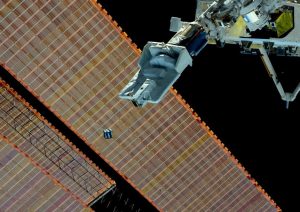
14 Mar Recently announced: Australia – Japan Satellite Business Collaboration
An exciting space sector collaboration between Australia and Japan was signed last week at Sydney University.
“As a representative for the AJBCC, I was delighted to be at this announcement. With the existing strong business track record between Australia and Japan in other areas such as food, energy and resources, it makes sense for Australian companies to explore collaborative opportunities in the space sector where Japan clearly has deep experience. Japanese Government policy seeking to open up its significant investment in the sector to private companies is also timely.” David Jacobs, CEO AJBCC.
As we covered in our SPACE! COLLABORATION AND NEW BUSINESS: PART 2, the Japanese Government is keen to see commercial applications of satellite technologies accelerate within Japan’s private sector.
Australian university commissions Japanese Space start-up.
 At the contract signing, it was explained that the University’s Australian Research Council’s Training Centre for CubeSats, Uncrewed Aerial Vehicles and their Applications (CUAVA) has commissioned up and coming Japanese space startup – Space BD – to launch its Cubesats ( small cube satellites.)
At the contract signing, it was explained that the University’s Australian Research Council’s Training Centre for CubeSats, Uncrewed Aerial Vehicles and their Applications (CUAVA) has commissioned up and coming Japanese space startup – Space BD – to launch its Cubesats ( small cube satellites.)
Space BD will launch the university’s’ two satellites, one in 2019 and another in 2020, that will be used as part of CUAVA’s on-going research projects.
This was made possible due to JAXA’s recent opening up of access to Japanese companies to the International Space Station’s (ISS) Kibo module. Space BD won the right from JAXA to supply commercial services using the Kibo module ( as well as the long established Mitsui & Co, – the major Japanese sogo shosha ) This module was Japan’s contribution to the ISS. Amongst other things, the Kibo module provides a launch facility for CubeSats.

(Photo: Prof Iver Cairns Director of CUAVA and Masatoshi Nagasaki CEO Space BD Inc.)
While Space BD has already launched a number of Cubesats for domestic clients this contract with the CUAVA project marks the first with an overseas client. It demonstrates that the trusted trade and investment relationship between Australia and Japan are evident and active.
Utilising the International Space Station for technical and cost benefits.

ISS deploying Cube satellite. In total, over the 24 year lifespan of the ISS program, JAXA will contribute well over USD$10 billion to the ISS program.
This newly announced collaboration will deploy its payload utilising the facilities of the International Space Station (ISS), instead of the more costly dedicated rocket or a “ride share” on a third party service.
The satellites will form part of the payload of the regular three monthly services that are sent to the International Space Station which include provisioning and materials for those astronauts working in it. The satellite is then deployed from the ISS.
This new service offers a launch option for small satellite operators that has clear cost and technical benefits. Without such innovative new services the cost alone would prohibit smaller operators such as CUAVA from deploying their satellites for their important research.



